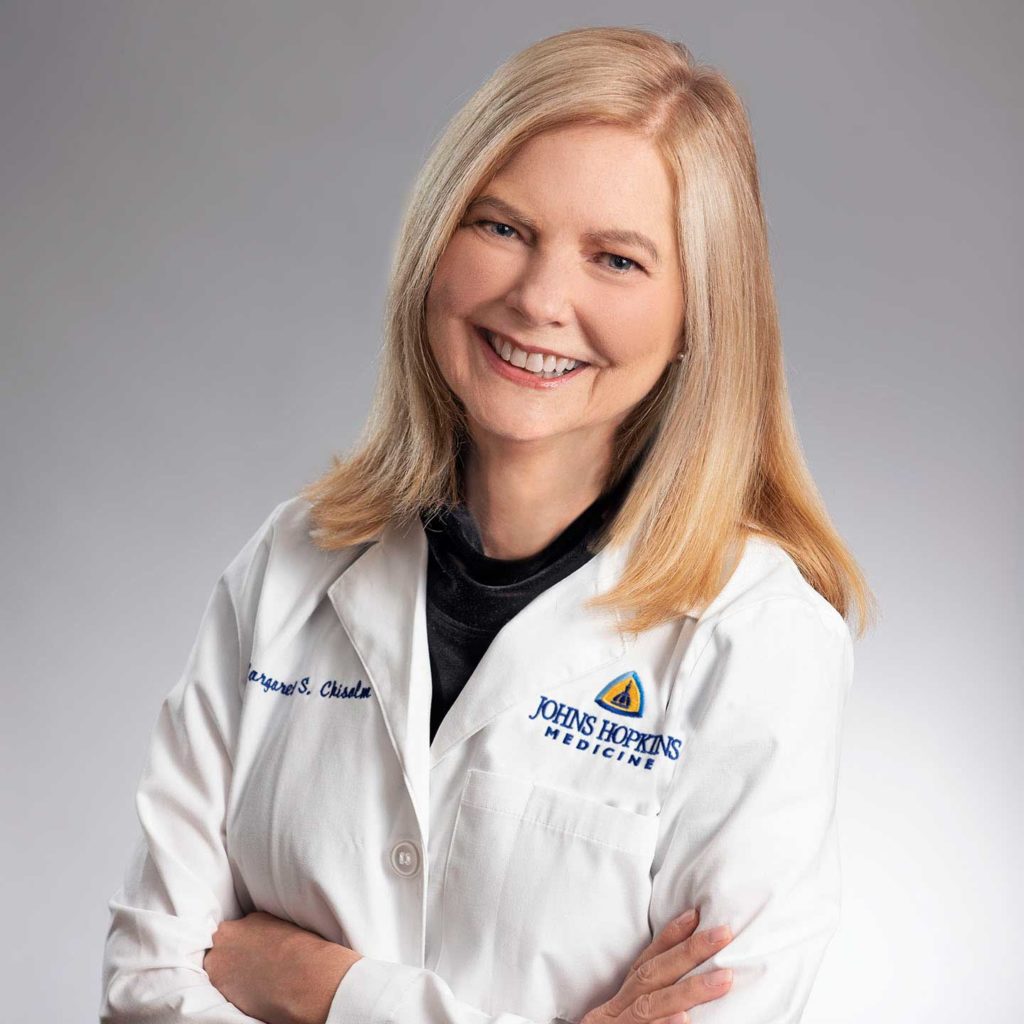Takeaway
By getting out of the business of knowledge and skills and returning to the work of professional formation, not only will medical schools and their patients win, but doctors—and the profession of medicine as a whole—will too.

Lifelong learning in clinical excellence | June 25, 2018 | 2 min read
By Margaret Chisolm, MD, Johns Hopkins Medicine
Nationwide, less than 20% of preclinical medical students attend lectures. Instead, they rely on convenient third party resources, like Osmosis, to study for standardized exams. And clinical students are now able to teach themselves physical exam skills using virtual reality tools, which are rapidly improving in quality and accessibility. To survive, medical schools will need to figure out how to add value to this increasingly self-guided form of medical education.
One possible path forward is for medical schools to get out of the business of knowledge transference and technical skill-building—which third party sources will be able to do cheaper and better—and get back into the hard work of the professional formation of doctors. Schools that are able to cultivate in their medical students those characteristics and habits of clinically excellent doctors will be the winners, as will these students’ eventual patients.
New York Times columnist David Brooks shared his thoughts on character, culture, and medical education with the Association of American Medical Colleges and put it this way:
“We have a trend in our educational institutions, especially at graduate levels, to turn them into career academies. I think it’s important to return a bit to what they used to be, which is character-forming institutions. To do that you have to see the student in a different way, not just as a brain on a stick that you download information to.
I think it’s useful to offer [students] alternatives from different philosophies or faith traditions so when they hit a moral dilemma they have ways to think about it, and so they think about their own spiritual growth. Frederick Nietzsche had a saying that he who has a ‘why’ to live for can endure anything. If you have a purpose, then you can handle setbacks, but if you’re not aware of your moral purpose, then the setbacks can really destroy you. We may think of these things as squishy and fluffy, but actually they are the most important.”
By focusing on the moral and professional formation of students, medical schools will be able to foster that sense of meaning and purpose so inherent to the practice of medicine, and transform medicine from a job like any other to—dare I say it—a “calling.” Thinking of the profession this way, the doctor-patient relationship becomes more of a ‘covenant’ and less of a ‘contract,’ which seems to me to be the ideal antidote for burnout.
By getting out of the business of knowledge and skills and returning to the work of professional formation, not only will medical schools and their patients win, but doctors—and the profession of medicine as a whole—will too.

